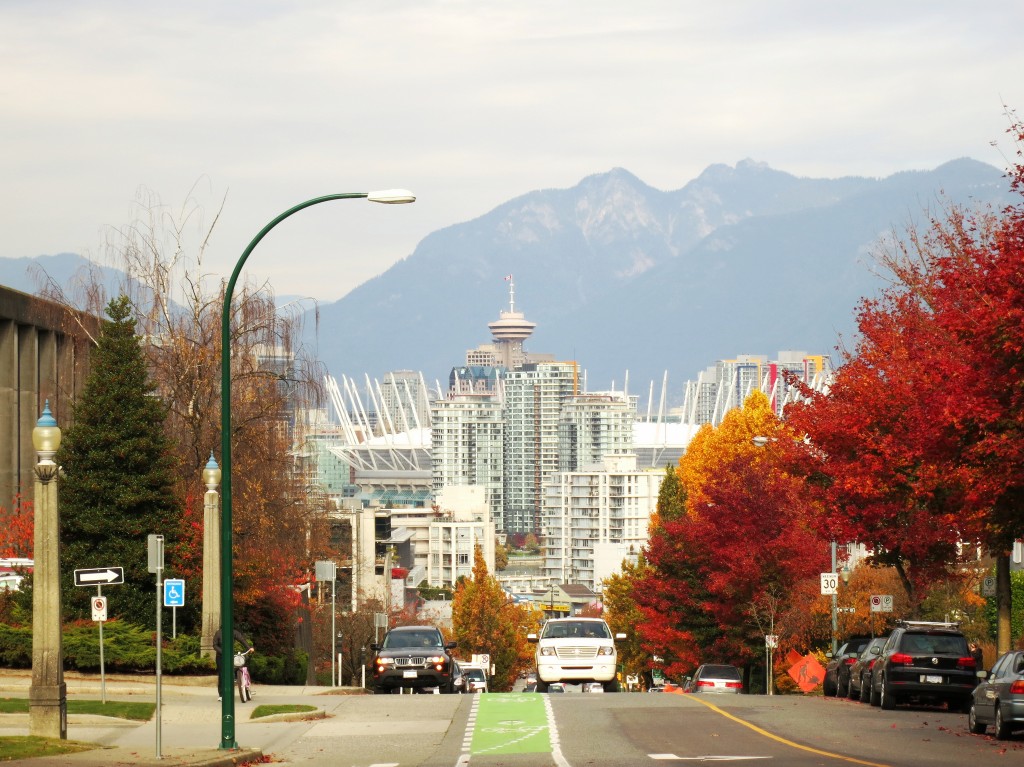B.C.’s new tax will impact more than foreign nationals
Canadian home sellers may feel the brunt of new tax
Advertisement
Canadian home sellers may feel the brunt of new tax
 The B.C. government wants a solution to hot housing prices in Metro Vancouver. It wants to deliver on a promise to make housing more affordable for city residents, many of whom feel they are priced out of their own market. On Monday, the B.C. government tried to make good on that promise by announcing a new 15% foreign buyer’s tax on all homes sold on or after August 2, 2016. Here’s the problem: The impact of the new tax isn’t isolated to foreign buyers.
The B.C. government wants a solution to hot housing prices in Metro Vancouver. It wants to deliver on a promise to make housing more affordable for city residents, many of whom feel they are priced out of their own market. On Monday, the B.C. government tried to make good on that promise by announcing a new 15% foreign buyer’s tax on all homes sold on or after August 2, 2016. Here’s the problem: The impact of the new tax isn’t isolated to foreign buyers.
Foreign nationals could avoid the [new] tax, which would take effect on Aug. 2, by purchasing properties through locals — something that is already suspected to be common practice.Or, they could go back to using bare trusts; a foreign property buyer can set up a bare trust and then create a company that becomes the owner of the trust. That company will purchase a property, which can then be sold and resold within the bare trust without having to change the company’s name on the title of that property. Tax is never owed, despite multiple transactions. Another reason why bare trusts are popular with wealthy non-resident homebuyers is that it shelters them from having to disclose whether or not they are Canadian citizens. While it’s a good sign that the B.C. government is taking that affordability problems in Vancouver and the lower mainland quite seriously, I’m not so sure that a retroactive tax is the best first step. Perhaps that’s why the Trudeau Liberals’ opted to create a multi-level governmental task force that would analyze the problems and offer potential solutions, hopefully in as little as six weeks from now. In markets where every policy, every tax and every decision has multiple targets, a more thoughtful approach is probably a better approach. Ask a Real Estate Expert: Ask our experts your property or real estate question »
Share this article Share on Facebook Share on Twitter Share on Linkedin Share on Reddit Share on Email